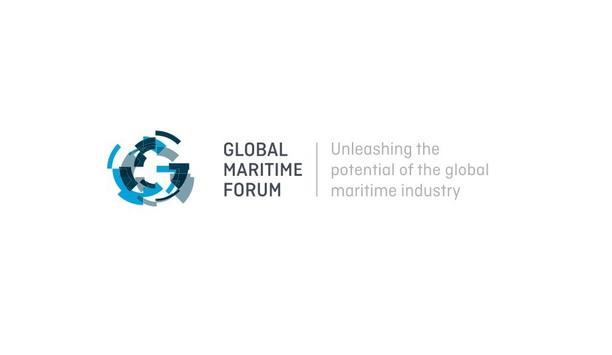P4G Partnerships News
Maritime green corridor routes between major port hubs where zero-emission solutions are supported and demonstrated have swiftly become recognised as one of the most important tools to aid industry and governments in the decarbonisation of the maritime sector. The consortium brings together Anglo American, Tata Steel, CMB, VUKA Marine, Freeport Saldanha, and ENGIE, convened by the Global Maritime Forum, to assess how zero-emission shipping on the corridor can unloc...
The new P4G-Getting to Zero Coalition report “Shipping’s energy transition: strategic opportunities in Indonesia” explores the potential for Indonesia to accelerate and benefit from international maritime decarbonisation. The report finds that Indonesia has several opportunities to leverage the global transition to zero-emission marine fuels toward key national objectives. However, achieving this will require targeted action in order to unlock these opportunities. Inter...
International shipping accounts for approximately 3% of global Greenhouse Gas (GHG) emissions, and this will increase in a business-as-usual scenario. To decarbonise the maritime industry, there will be a massive need for green fuels and associated technologies. In particular, scalable zero-emission fuels (SZEF) such as green hydrogen and green ammonia are considered the most promising fuels for shipping’s energy transition. Author's quote “In the past years, the global maritime i...
International shipping accounts for approximately 3% of global Greenhouse Gas (GHG) emissions, and this will increase in a business-as-usual scenario. To decarbonise the maritime industry, there will be a massive need for green fuels and associated technologies. In particular, scalable zero-emission fuels (SZEFs) such as green hydrogen and green ammonia are considered the most promising fuels for the industry’s transition. Due to its large renewable capacity and unique location sitting at...
